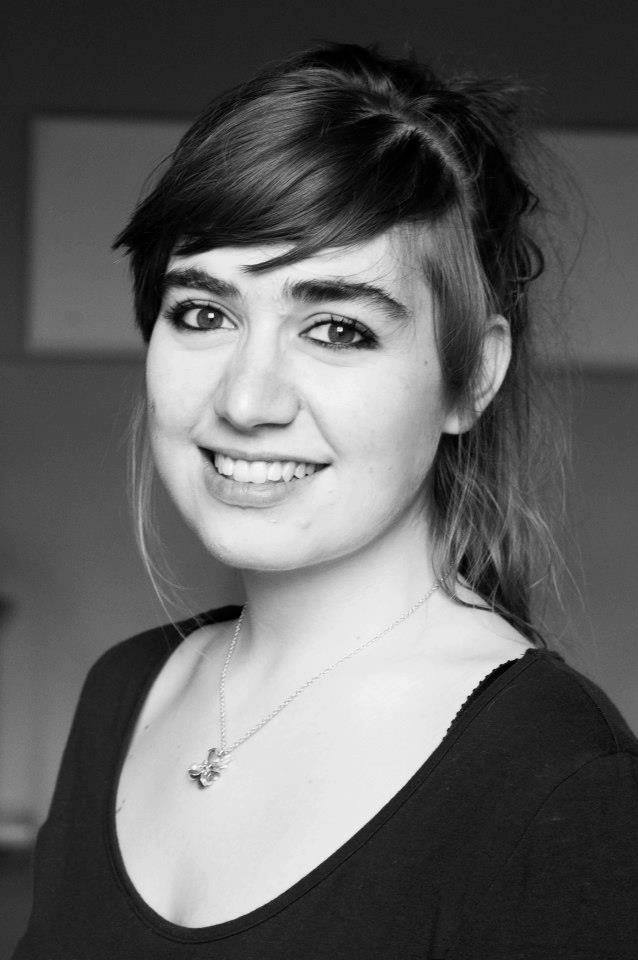CR38TUR3 Workshop
Originally, the creature methodology was created to work with young people in a closed psychiatric centre to prepare them for leaving and returning to independent living with their families and carers. This version offered participants an opportunity to ‘free’ a CR38TUR3 by thinking about what it may need to be considered safe. SOriginally, the creature methodology was created to work with young people in a closed psychiatric centre to prepare them for leaving and returning to independent living with their families and carers. This version offered participants an opportunity to ‘free’ a character referred to as ‘CR38TUR3’ by thinking about what it may need to be considered safe and able to care for itself in society. Subsequently, the methodology has been adapted to reflect upon the ethics of interactions between applied theatre practitioners in training with groups who are located as being excluded and/or marginalised. For example, this session can be useful to reflect upon language teaching with groups such as refugees. The CR38TUR3 methodology is a hybrid of Process Drama and the interaction contained within Forum Theatre, framed with the emotional charge of an escape room, but with a conscience. Responsive practice is vital for teachers and practitioners working with vulnerable communities. CR38TUR3 uses its lineage of Freire’s notion of praxis, which is fundamental in applied theatre, to invite participants to contribute to a dynamic scenario that challenges, exposes and tests their preconceptions of what it might mean to be human. The aim of this practice is manifold and includes analysis of decision-making in moments of uncertainty, critical reflexion of choices, and an exploration of what happens to teamwork in tense situations. These skills are key both for language teachers and for drama practitioners, especially in the current climate of social distancing and remote teaching, during which many have felt isolated and alone.

The workshop invites participants to take risks by making concrete suggestions and to experience the implications of their ideas on ‘creature’ with immediate effect. Participants are thus responsible for the outcome of the scenario, and given the urgency of the fictional dilemma, they are invited to immerse themselves in the workshop. After the workshop, participants reflect upon their choices in the wider context of their own work, considering the implications of exclusionary social constructs.
The workshop will be co-facilitated by Melanie Frances and Sylvan Baker.

Melanie Frances is a creative director working at the intersection of theatre and gaming. She creates artistic works that are playable; both live and digital interactive experiences that invite audience members to actively engage, construct their own route through an experience, and often, change what they see. Melanie has extensive experience as an interactive and immersive storyteller, primarily with interactive, digital theatre company Produced Moon.
Melanie is also a Visiting Lecturer and Digital Consultant with the Applied Theatre team at the Royal Central School of Speech and Drama, working to explore and promote best practice in digital interactivity in applied theatre projects.
Dr Sylvan Baker is a researcher, practitioner and Lecturer at Royal Central School of Speech and Drama, he has experience in a range of applied arts contexts. He is an Artist Fellow at QMUL and an Education Fellow for the RSA. His research enables individuals to explore social issues through diverse artistic practices. His current projects are working with young people with experience of care and practice aimed at disrupting racial exclusion for students and staff in Higher Education. He has just been elected a Member at Large for the Black Theatre Association for ATHE.
